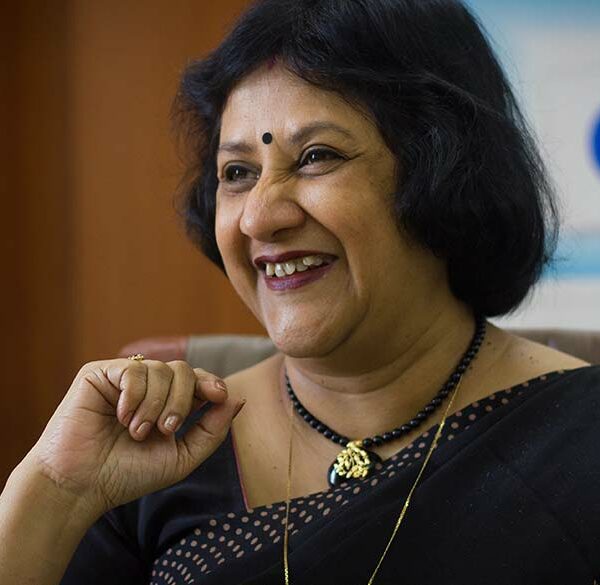Premenstrual Syndrome or PMS can be exhausting physically and emotionally for women. PMS comprises a number of symptoms and the intensity of it can vary for every woman. But the cramps, bloating, feeling angsty, or exhausted even without engaging in physical activities, the typical symptoms of PMS can drain women severely which hampers the daily productivity majorly.
But what if we tell you, the roller coaster ride of mood swings which comes from PMS can be handled and the next time, you are experiencing a whirlwind of emotions together, we can help you get through it by just making some small changes in your daily routine. Nothing major, we promise!
Understanding Premenstrual Syndrome
But before we go to ways to manage the mood swings and other PMS symptoms, let’s try to understand the window of PMS and how does the intensity alter through the entire circle.
Premenstrual Syndrome typically starts five to eleven days before menstruation and goes away when the menstruation circle starts or in some cases after one or two days of flow.
Premenstrual symptoms can also be pretty severe in some cases. The most common symptoms of PMS are irritability, anger, sadness, depression, tiredness, feeling anxious and stressed, crying, oversensitiveness and most often switching between emotions rapidly throughout the day.
But in some cases, PMS can also result in premenstrual dysphoric disorder or PMDD. According to health experts, 3-9% women go through PMDD where the symptoms are much severe. For PMDD, the depression usually occurs one to two week before menstruation. The most visible symptoms of PMDD are deep sadness, depression, suicidal thoughts, panic attacks, trouble thinking or focusing, feeling overwhelmed, fatigue, low energy and feeling out of control.
Ways To Treat PMS OR PMDD
Although the exact reasons for PMS or PMDD are still unclear, it usually happens due to hormonal changes and there are certain changes that we can take to help deal with the infamous PMS mood swings.
Change in Diet
We can not stress this enough how a change in diet can effectively help with your mood swings, bloating or even feeling irritated. According to experts, adding a lot of whole grain, fruits, and vegetable and cutting down in unprocessed sugar intakes can be extremely effective in case of PMS. The complex carbohydrates in whole grain aid in a better digestion process and also helps with the bloating.
Stay Active
Some of us hate to hear that exercising holds a magic door to a healthy life but staying active does not necessarily mean hitting the gym every day or sweating for an hour. Take a walk in a park or simply have a light hand work out routine in the home. Jogging, swimming or dancing, any form of staying active rituals helps in removing sadness and anxiety, helping you in dealing with the rollercoaster of PMS.
Cut Down on Caffeine
There’s no denying that caffeine helps us to take on the day! But indulging in a heavy dosage of caffeine can also be a triggering factor for PMS. Hence we say, limit the caffeine intake to help deal better with the stress.
Quit smoking
Smoking creates stress and according to health experts, smoking can actually trigger PMS. Hence, it is best to quit smoking during the cycle of PMS. In case quitting is not an option, try to limit the smoking to help with the PMS.
Relax and meditate –
Relaxing is easier said than done. But relaxing holds a key to defeat PMS. So away from the time of a busy work schedule, find time to indulge in yoga or simply meditate. A relaxed mind will be less anxious, and less chance of experiencing rage.
Medication and Therapy –
However, in severe cases of PMS or PMDD, you may need to take certain medication or therapy to deal with it. Taking a daily dose of supplements can also help. Doctors suggest a minimum dosage of calcium tablets or omega 3 can do wonders. But we say, before taking any medication, consult with your doctor.
There’s no one way of dealing with a complex problem like PMS but we say, seeking support from our closed ones have always helped in dealing with the rollercoaster of emotions. So, seek help from closed ones or a certified therapist and tell us, what works for you in dealing with PMS.












